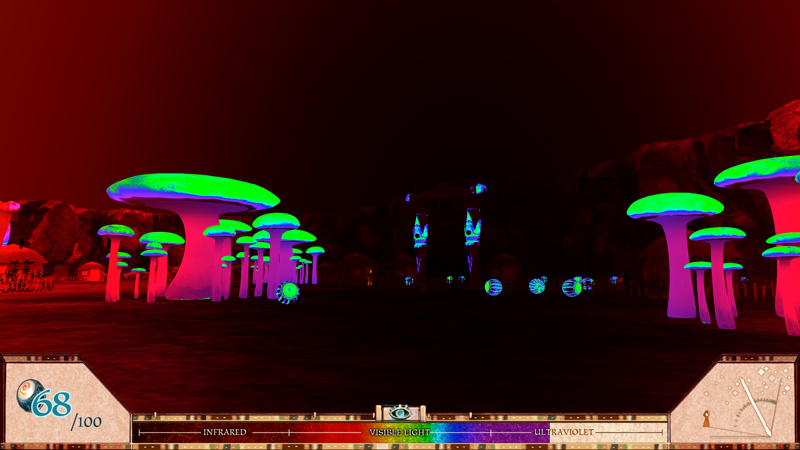MIT has established new game research facilities in the Karl Taylor Compton Laboratories (Building 26), where MIT's first computer game, Spacewar!, was developed 50 years ago. The MIT Game Lab inaugurated its premises with a symposium on Sept. 21, "Games in Everyday Life and Why That Matters to You." The symposium brought together academics, students and professionals from varied industries such as games, health care and finance to discuss the role of research in game development and vice-versa.
MIT Game Lab creative director Philip Tan, a 2001 MIT graduate, announced the lab's intention to partner with new collaborators and to tackle new challenges. Lab researchers described their process of combining theory and practice by studying how people design and play games, while working with students to create "playable prototypes" to test and demonstrate complex concepts.
Guest speakers described how game research and prototypes from MIT had changed thinking and game development throughout the world. Celia Pearce, assistant professor and director of the Experimental Game Lab and the Emergent Game Group at the Georgia Institute of Technology, described how the MIT Game Lab provided game scholars with "a model for how to do this that we didn't have before. I can point my students at it and say, 'Here's a place that makes research-based games. You can read their papers and look at their games as a model for what you want to do.'"

On display from the lab were seven new games across a diverse set of research topics, including artificial intelligence, player choice and meaningful conflict. One example was A Slower Speed of Light (http://gamelab.mit.edu/slower), which demonstrates the relativistic effects of travelling near the speed of light. The games were created for researchers during the last summer session and are free to play at http://gamelab.mit.edu/play.
Video proceedings from the symposium are available at http://gamelab.mit.edu/symposium2012.
The following day, the MIT Game Lab also hosted the first Boston Festival of Indie Games. Produced together with Boston Indies, a local community of independent game developers, the festival began on the 22nd with Massachusetts Governor Deval Patrick proclaiming "Independent Game Developer's Day". The festival was created for the public to learn about the practice of game development, featuring digital games, tabletop games, and live-action role playing games.
A curation committee selected an open showcase of independent games and was headed by Clara Fernández-Vara, another MIT grad and a postdoctoral researcher from the Singapore-MIT GAMBIT Game Lab. Over 2000 attendees came to the MIT campus to play games and interact with developers. Of 100 games submitted to the festival, 36 were chosen for the digital games showcase. The festival also screened documentaries about the process of game development and hosted a game jam, in which 20 developers made fully functional games within 8 hours.
Two of the selected games were the creation of Alec Thomson, a student of the MIT Game Lab currently pursuing a master's degree in engineering, who noted he had learned "team dynamics, leadership, good engineering sense, production skills and iterative design" as an undergraduate researcher in the MIT Game Lab. Software engineering classes at MIT "were subsequently easier to consume and even more valuable" as a result of his experience at the lab.
The MIT Game Lab is a research group of MIT Comparative Media Studies in the School of Humanities, Arts, and Social Sciences. It was originally established as the Singapore-MIT GAMBIT Game Lab in 2006. A full report on the Singapore-MIT GAMBIT Game Lab international initiative is available at http://gambit.mit.edu/finalreport.
Please direct all inquiries about the MIT Game Lab to Generoso Fierro, Communications Director, via email: gamelab-request@mit.edu.
New laboratory opens its doors with a symposium, a festival and seven new games.
Publication Date:






